Iran Wears Black, Mourns Imam Hussein (AS)
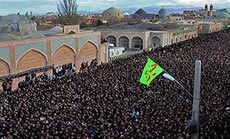
Elham Hashemi
Just a few days before the beginning of the holy month of Muharram, the streets and mosques of Tehran started wearing black, in preparation to mourn Imam Hussein (AS) and his prophet household.
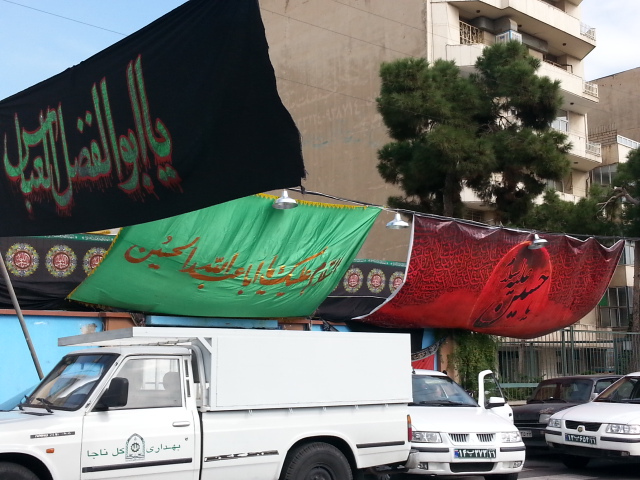
Even though the mourning ceremonies are held throughout the day, starting early morning after the morning prayers, and take place as well at noon or in the afternoon, yet the ‘peak time' for these sessions are after sunset, following the prayers. Around 7:00 p.m. every day, the streets are jammed with people who have come to commemorate the tragedy of Imam Hussein (AS) and his household, who were martyred in Iraq's Kabala.
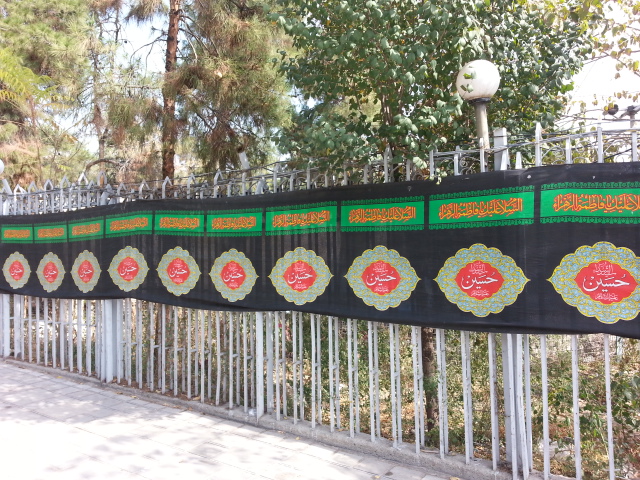
A young lady attending the ceremonies says whenever she thinks of Ashura, she recalls a red and bloody past. "Ashura is the climax of Islam. It was a very harsh event in human history, where Imam Hussein (AS), his family and friends were brutally killed and their bodies even mutilated- something that was not recurrent in history."
Setareh and her friends, to whom I spoke to were very emotional. Setareh, following one of the mourning ceremonies underlined that to her, being Sunni does not make a difference. "I am Sunni and I come with my Shia and some Christian friends to attend ‘Rouzeh' [Mourning ceremony] every year."
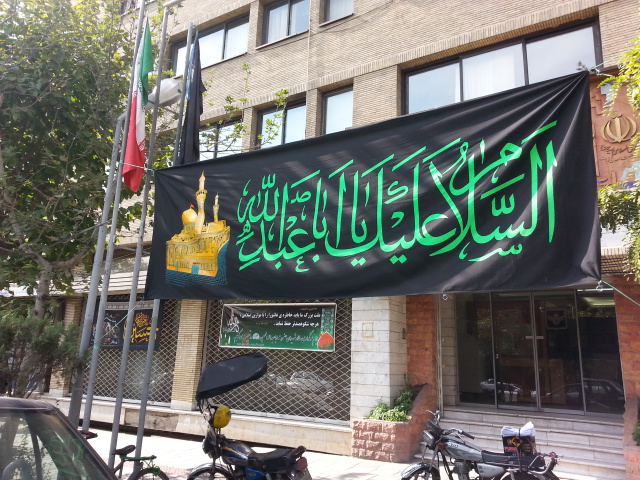
As for Abedi, he said that Ashura has a reasonable, rational and emotional background. "Ashura has affected the life of people in Iran to a great extent, through which they learned how to rise and stand strong in face of tyranny."
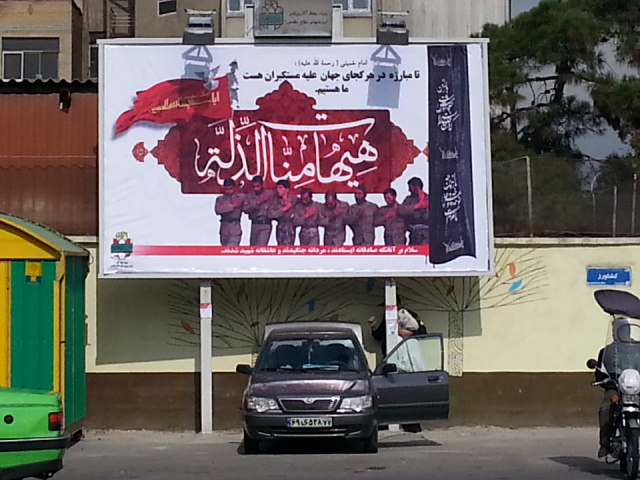
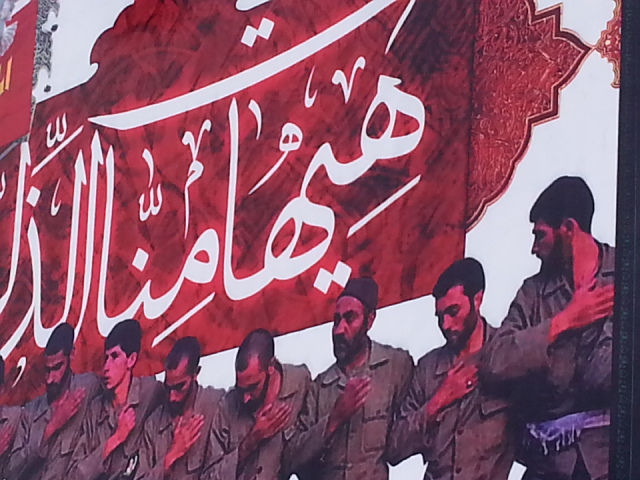
35-year-old Hamed, who considers himself somehow liberal, said that Imam Hussein (AS) belongs to all people. He also stressed that among the things you can see in Iran during the month of Muharram is charity and consolidation among the people. "People give out food for free on behalf of Imam Hussein and his household. Also, this memory brings people closer together, reminding them and reviving the sense of humanity among them."
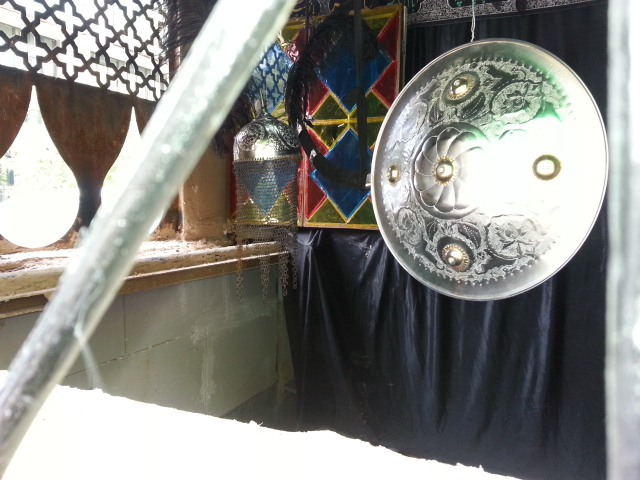
He assured, that unlike what Western media tries to demonstrate through mainstream media and the different media outlets on the rituals practiced on Ashura, he said, "People here in Iran do not hit themselves to bleed as it is shown in the media. This is forbidden in Islam and is not related to what Imam Hussein teaches us. Some people do the act out of ignorance, but eventually we all know that Islam not only discourages such rituals but also bans them."
Ashura, the tenth day of the Hijri month of Muharram, a day in which Shia Muslims across the globe pay tribute to the greatest sacrifice for the sake of God in human history. That's because in the battle of Karbala, Imam Hussein (AS), the third Shia Imam and his 72 companions, with infants at their bosom, chose martyrdom rather than evil and weakness. Such was the greatness of Imam Hussein (AS) and his spiritual power, which even today uplifts his followers to the heights of supreme courage and sacrifice.
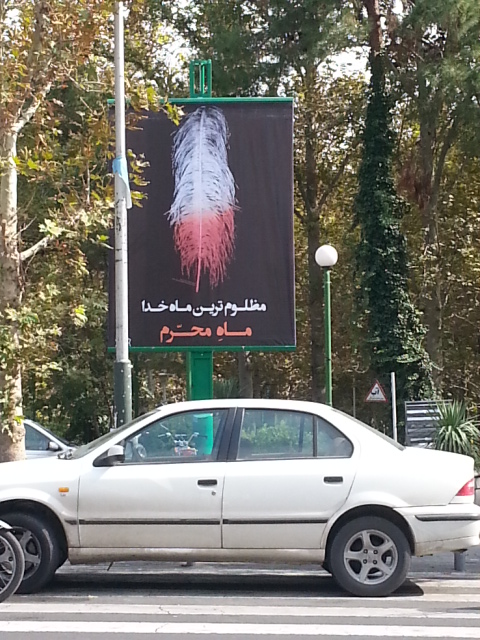
The tragedy of Ashura continues to evoke the deepest emotions in the Islamic world, where every year Shia Muslims hold small and large processions to honor this tragic day.
History has seen numerous massacres of innocent people, but the tragedy of Karbala is one of the few where men, women and children were subjected to hunger, thirst, and martyrdom because they believed that Imam Hussein (AS) stood for righteousness. Little wonder that for over 1400 years, Shia Muslims have been nurturing the tale of Karbala in their hearts like an open wound, lest they should forget the supreme sacrifice of Imam Hussein (AS) and his followers.
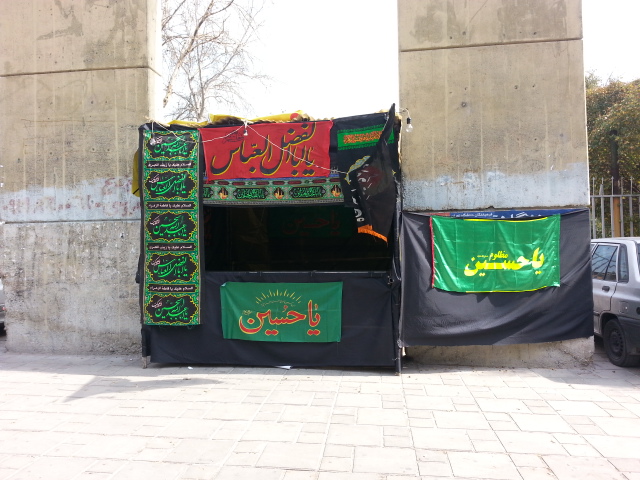
Ashura symbolizes the eternal struggle of truth against falsehood and the battle against injustice and cruelty realized by Imam Hussein (AS) as he offered supreme sacrifice to uphold the principles against tyranny.
Source: Al-Ahed News
Comments
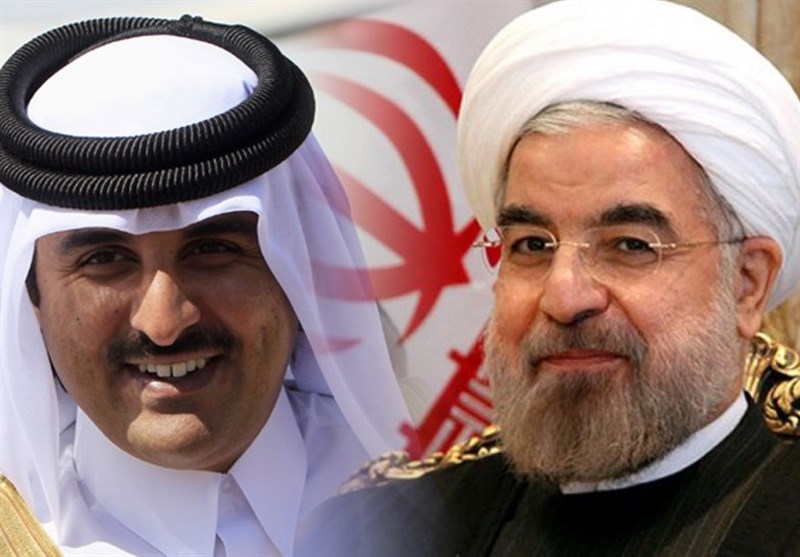

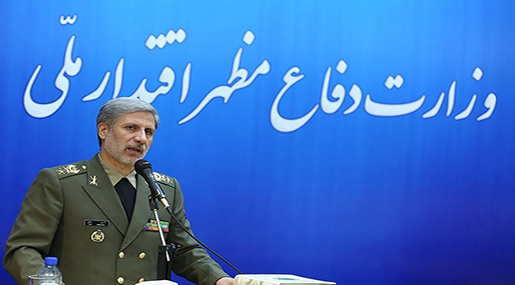
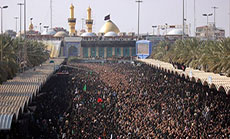
![Sayyed Nasrallah [Full Speech] on 9th of Muharram: Our Battle is with Takfiris, ’Israel’](https://english.alahednews.com.lb/uploaded1/essaysimages/small/lvl220141107111738.jpg)